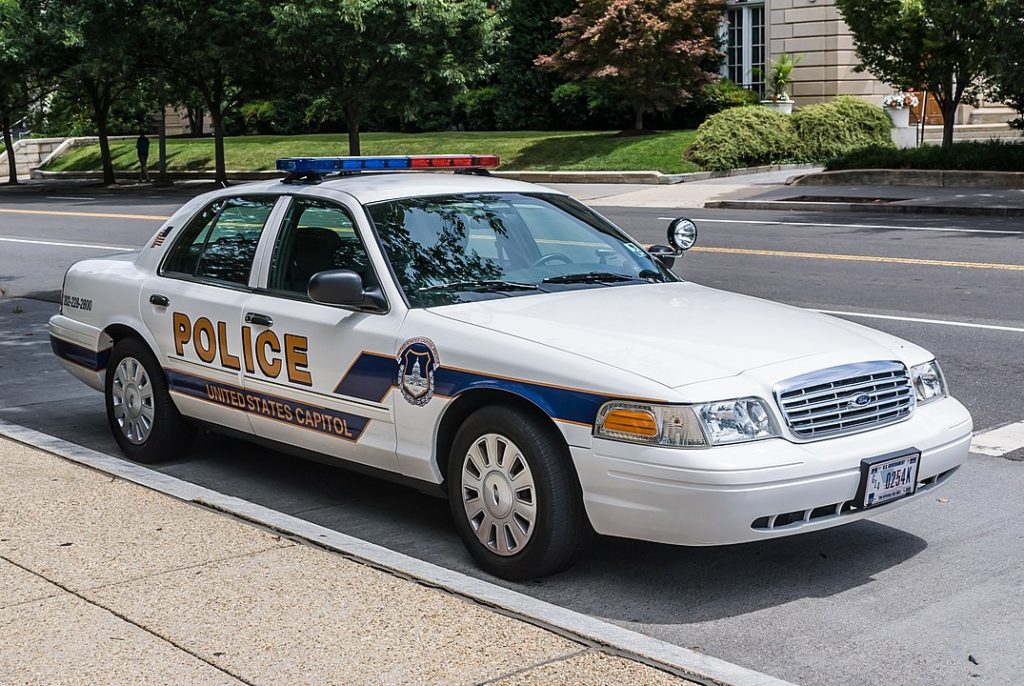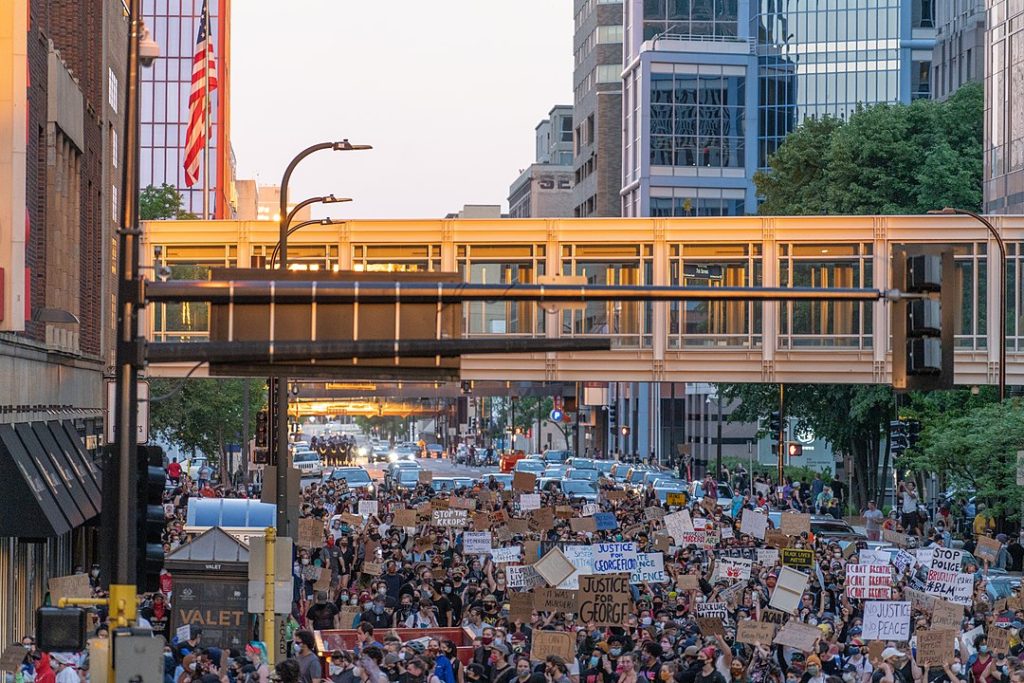The Two Starkly Different Meanings of “Black Lives Matter,” and Political Ideas That Must Never Be Criticized
"Black Lives Matter" is a simple looking phrase, but it functions as a Trojan Horse. Many people don't understand that there is a big difference between A) stating the obvious fact that Black lives do, indeed, matter and B) embracing the controversial political agenda of the Black Lives Matter organizations. Just because one believes A doesn't necessarily mean that one believes B, but this conflation flies under the radars of many people who embrace both A and B even though the only part that they have carefully considered is A.
Consider this excerpt from a recent news article about Nick Buckley, a man who has spent many years of his life helping desperate others through a charity he founded in 2011, Mancunian Way, based in Manchester, England. The problem started when Nick dared to write an article:
In the article the 52-year-old started by saying: “Of course black lives matter. Let’s get this obvious point over and done with at the beginning”, but went on to criticise the political agenda of the organisation BLM which sought to repudiate the values expressed by Martin Luther King.
I am sympathetic to Nick Buckley's clearly stated concerns. Like Buckley, I am concerned that some of the political ends of BLM sharply conflict with the wisdom of Martin Luther King. The fact that Nick Buckley dared to speak up about this critical issue cost him his job and that is a tragedy.
In some circles, the phrase "Black Lives Matter" has taken on the status of an unassailable fundamentalist religion, which is extremely unfortunate. Whenever this phrase is uttered, we should be asking whether the speaker is asserting A, B or both A and B. Whereas A is self-evident truth to me, B is a complex set of ideas, many of them ill-defined and/or problematic.
Every idea, especially every political idea, should be open to vigorous criticism and discussion. There should be no exceptions, for the reasons carefully stated by John Stuart Mill in his work, On Liberty. To every claim I respond: "Let's test it." To the extent that any ideas are declared to be sacrosanct, off-limits to discussion and criticism based on science, statistical analyses and the diverse wisdom collected by thinking people from the beginning of time, our democracies are dead.



